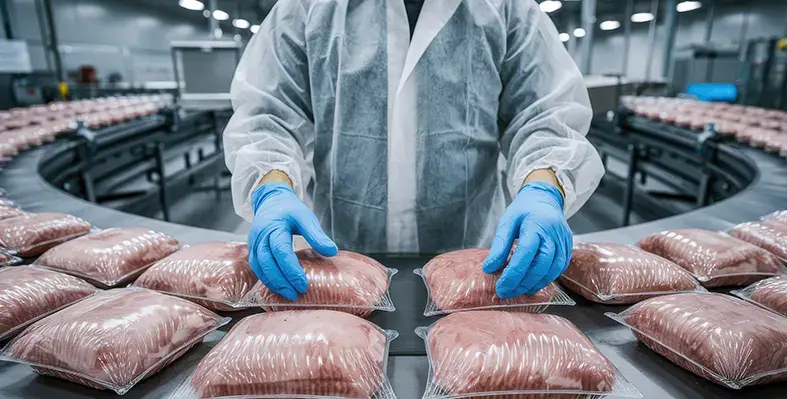South Africa’s Department of Agriculture has officially published new regulations for meat analogue products.
These rules, released in Government Gazette Notice R. 6436 on 18 July 2025, aim to bring clarity and consistency to the sale, labelling, and marketing of plant-based and other non-meat alternatives across the country.
The regulations are the result of thorough consultations with all relevant stakeholders, including those in the red meat industry. They set clear minimum standards for meat analogues, covering how products should be labelled and what they must contain to meet requirements.
According to the department, any product that uses terms such as “meat replacer,” “meat substitute,” “meat alternative,” or “plant-based protein” on the main label must contain at least 9% protein.
“The meat analogue products, also known as meat substitutes, mock meat, faux meat, or imitation meat, were initially defined in the Processed Meat Regulations as a product that approximates the aesthetic qualities (primary texture, flavour and appearance) and/or chemical characteristics of a specific type of meat,” the department said in a statement.
“These products are derived from non-meat ingredients, sometimes without dairy products and are available in different forms (coarse ground meat analogues, emulsified meat analogues and loose fill, etc.).”
The regulations also define what product names can be used. Names such as hot dogs, burgers, patties, sausages, schnitzels, and mince will be allowed for meat analogues, as long as the labelling clearly identifies the product as non-meat and helps consumers understand its true nature. Descriptive terms like frikkadel, nuggets, rounds, wheels, and sizzlers are also permitted.
However, the use of names or references that suggest a specific animal, such as “chicken-style,” “beef-style,” “chick’n,” or “b*con,” is not allowed under the Agricultural Product Standards Act of 1990.
Enforcement of the new rules will be managed by departmental inspectors, as no specific assignee has been appointed yet. The Food Safety Agency will oversee labelling compliance, and the Border Management Authority will ensure imported products follow the same regulations.
The department said the new rules should be welcomed by all industry players and consumers alike. “Consumers will enjoy the protection from the sale of misleading products. Furthermore, the publication of the Meat Analogue Products Regulations will foster confidence in the sale of meat analogues and meat products in South Africa.”





